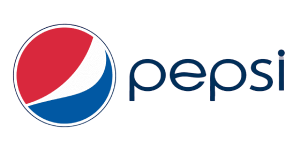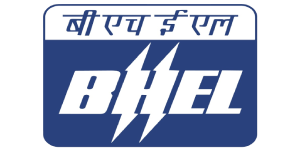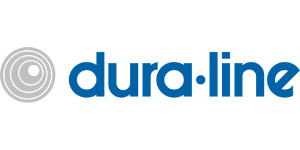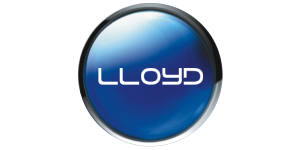Incoterms
Incoterms - International Commercial Terms
The International Chamber of Commerce introduced the latest version of Incoterms® in 2020, which became effective on January 1, 2020. Since their initial publication in 1936, the ICC has periodically revised Incoterms® to align with the evolving global trade landscape. It is crucial for all stakeholders in international trade to have a clear understanding of these changes and their implications for global supply chains.
Incoterms® play a pivotal role in the realm of global trade. While Incoterms® 2010 and Incoterms® 2020 may appear complex, it is essential for both buyers and sellers to comprehend their functioning and respective responsibilities throughout the supply chain. In this article, we will elucidate the updates made to Incoterms® 2020 and provide straightforward explanations. Additionally, we will include an Incoterms® infographic to facilitate a better understanding of the subject.
Please note that the content of this article and the accompanying chart serves solely for general informational purposes and should not be construed as customized legal or professional advice.
What are Incoterms?
Incoterms® are globally accepted rules that define buyer and seller responsibilities in international trade. They specify when costs and risks shift from the seller to the buyer. Not all rules apply universally; some apply to all transport modes, while others are specific to sea and inland waterway transport.
Why are Incoterms® vital in International Trade?
Incoterms® are crucial in global trade as they offer internationally recognized rules for interpreting commercial terms in sales contracts. These terms determine which party bears costs and risks, and they must be clearly indicated on shipping documents for all international transactions.
Freight Collect Terms |
Freight Prepaid Terms |
||||||||||
Groups |
Any mode or modes of Transport |
Sea and Inland Waterways Transport |
Any mode or modes of Transport |
||||||||
Incoterm (Intern-ational Com-mercial Terms) |
EXW |
FCA |
FAS |
FOB |
CFR |
CIF |
CPT |
CIP |
DAP |
DPU |
DDP |
Ex Works (Place) |
Free Carrier (Place) |
Free Along-side Ship (Port) |
Free on Board (Port) |
Cost and Freight (Port) |
Cost Insur-ance & Freight (Port) |
Carriage paid To (Place) |
Carriage and Insur-ance Paid to (Place) |
Deliv-ered at Place |
Delive-red at Place Unl-oaded (Place) |
Deliv-ered Duty paid (Place) |
|
Transfer of Risk |
At Buyer’s Disp-osal |
On Buyer’s trans-port |
Alongside Ship |
On Board vessel |
On Board vessel |
On Board vessel |
At carrier |
At carrier |
At Named Place |
At Named Place Unlo-aded |
At Named Place |
Obligation and Charges |
|||||||||||
Export Packaging |
Seller |
Seller |
Seller |
Seller |
Seller |
Seller |
Seller |
Seller |
Seller |
Seller |
Seller |
Loading Charges |
Buyer |
Seller |
Seller |
Seller |
Seller |
Seller |
Seller |
Seller |
Seller |
Seller |
Seller |
Delivery to port / Place |
Buyer |
Seller |
Seller |
Seller |
Seller |
Seller |
Seller |
Seller |
Seller |
Seller |
Seller |
Export Duty, Taxes & Custom clearance |
Buyer |
Seller |
Seller |
Seller |
Seller |
Seller |
Seller |
Seller |
Seller |
Seller |
Seller |
Origin Terminal Charges |
Buyer |
Buyer |
Seller |
Seller |
Seller |
Seller |
Seller |
Seller |
Seller |
Seller |
Seller |
Loading on carriage |
Buyer |
Buyer |
Buyer |
Seller |
Seller |
Seller |
Seller |
Seller |
Seller |
Seller |
Seller |
Carriage charges |
Buyer |
Buyer |
Buyer |
Buyer |
Seller |
Seller |
Seller |
Seller |
Seller |
Seller |
Seller |
Insurance |
Nego-tiable |
Nego-tiable |
Nego-tiable |
Nego-tiable |
Nego-tiable |
Seller |
Nego-tiable |
Seller |
Nego-tiable |
Nego-tiable |
Nego-tiable |
Desti-nation terminal charges |
Buyer |
Buyer |
Buyer |
Buyer |
Buyer |
Buyer |
Seller |
Seller |
Seller |
Seller |
Seller |
Delivery to Desti-nation |
Buyer |
Buyer |
Buyer |
Buyer |
Buyer |
Buyer |
Buyer |
Buyer |
Seller |
Seller |
Seller |
Unlo-ading at Destin-ation |
Buyer |
Buyer |
Buyer |
Buyer |
Buyer |
Buyer |
Buyer |
Buyer |
Buyer |
Seller |
Buyer |
Import Duty, Taxes and Custom clearance |
Buyer |
Buyer |
Buyer |
Buyer |
Buyer |
Buyer |
Buyer |
Buyer |
Buyer |
Buyer |
Seller |
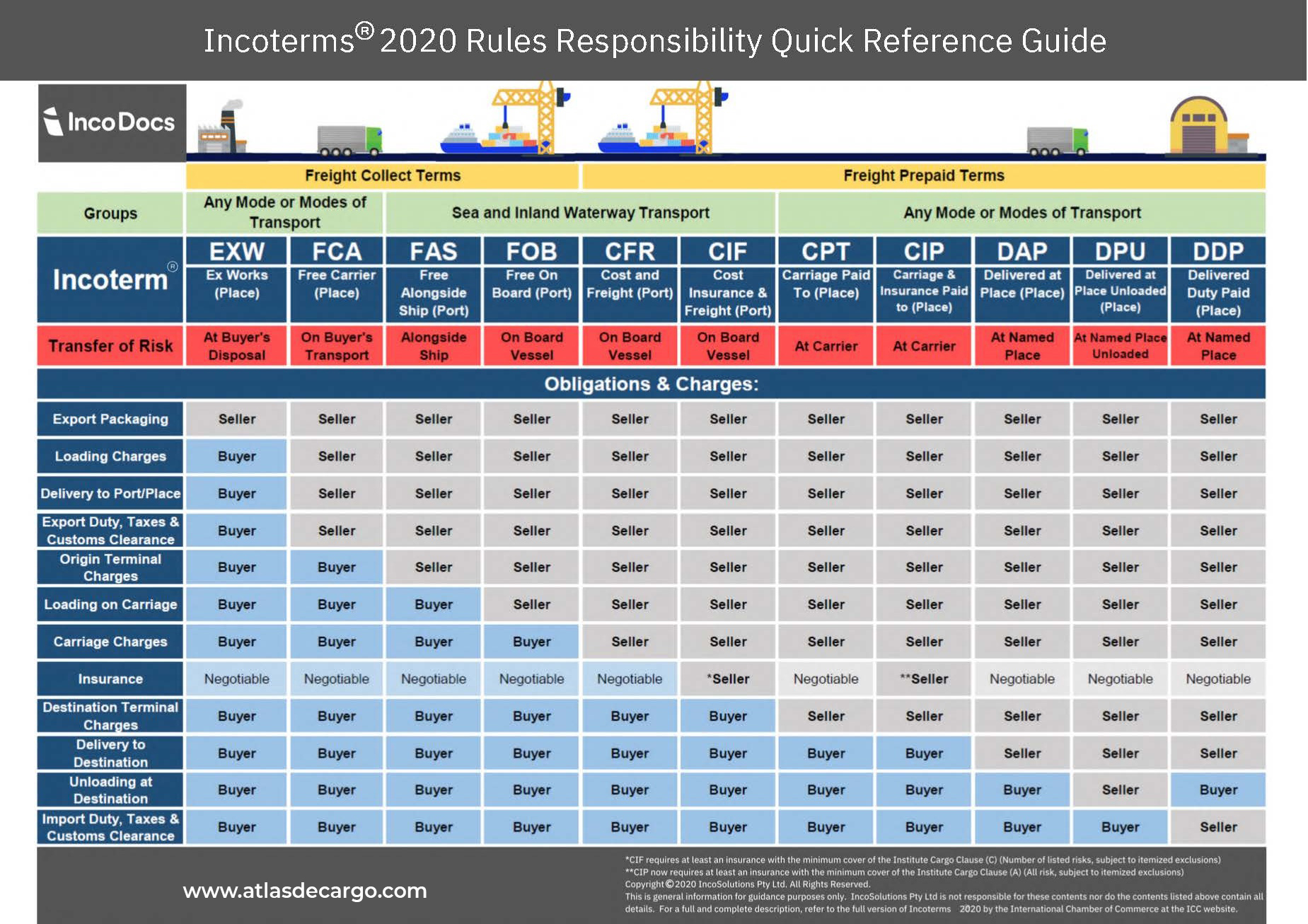
- The seller delivers the goods to the carrier or another person nominated by the seller at an agreed place (if any such site is agreed between parties).
- The seller must contract for and pay the costs of carriage necessary to bring the goods to the named place of destination.
- The seller has the same responsibilities as CPT, but they also contract for insurance cover against the buyer’s risk of loss of or damage to the goods during the carriage.
- The buyer should note that under CIP the seller is required to obtain insurance only on minimum cover. Should the buyer wish to have more insurance protection, it will need either to agree as much expressly with the seller or to make its own extra insurance arrangements.
- The seller delivers when the goods are placed at the disposal of the buyer on the arriving means of transport ready for unloading at the named place of destination.
- The seller bears all risks involved in bringing the goods to the named place.
DPU replaces the former Incoterm® DAT (Delivered At Terminal). The seller delivers when the goods, once unloaded are placed at the disposal of the buyer at a named place of destination.
The seller bears all risks involved in bringing the goods to, and unloading them at the named place of destination.
DPU replaces the former Incoterm® DAT (Delivered At Terminal). The seller delivers when the goods, once unloaded are placed at the disposal of the buyer at a named place of destination.
The seller bears all risks involved in bringing the goods to, and unloading them at the named place of destination.
- Ex works is when the seller places the goods at the disposal of the buyer at the seller’s premises or at another named place (i.e., works, factory, warehouse, etc.).
- The seller does not need to load the goods on any collecting vehicle. Nor does it need to clear them for export, where such clearance is applicable.
- The seller delivers the goods to the carrier or another person nominated by the buyer at the seller’s premises or another named place.
- The parties are well advised to specify as explicitly as possible the point within the named place of delivery, as the risk passes to the buyer at that point.
- The seller delivers when the goods are placed alongside the vessel (e.g., on a quay or a barge) nominated by the buyer at the named port of shipment.
- The risk of loss of or damage to the goods passes when the products are alongside the ship. The buyer bears all costs from that moment onwards.
- The seller delivers the goods on board the vessel nominated by the buyer at the named port of shipment or procures the goods already so delivered.
- The risk of loss of or damage to the goods passes when the products are on board the vessel. The buyer bears all costs from that moment onwards.
- The seller delivers the goods on board the vessel or procures the goods already so delivered.
- The risk of loss of or damage to the goods passes when the products are on board the vessel.
- The seller must contract for and pay the costs and freight necessary to bring the goods to the named port of destination.
Excellent company
quality services
This Atlas Group team is amazing. Professional, timely, communicative. They work seamlessly and when troubleshooting is needed, they always find the right solution.
We were having quite a challenge finding a vendor who could fulfill our PPE needs quickly. Fortunately Atlas Group Team was suggested. Logistics Plus has been able to fulfill our orders quickly and accurately. We also appreciate the flexibility they have.
Previously, we had delays in shipments and also problems with damage. But after we started working with Atlas Group we didn’t have a damage claim for over six months. We get on time deliveries, and Atlas Group cut down on the damage to less than 1% from 15% or more before.

Meet our happy clients


